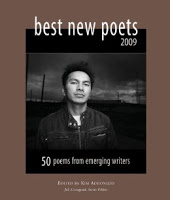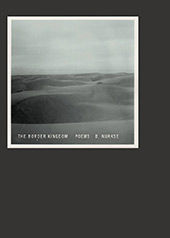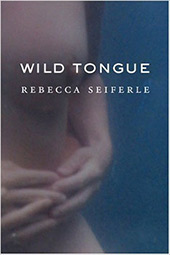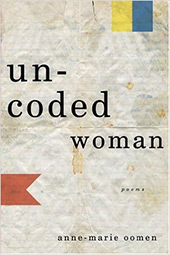
by Michelle Lewis | Poetry & Poetics |
If while reading Caitlin Doyle’s poetry you suspect everything is not as it seems, encountering “First Apartment,” an argument as concise as a Shakespearean sonnet, will throw down the gauntlet decisively. As with many of Doyle’s poems, it is benign fun on the...

by Michelle Lewis | Poetry & Poetics |
To be a poet is to be interested in something other than ourselves. In his book Walking Light, Stephen Dunn insists that poets must enlarge their sense of the personal to include “the kindred and alien experience of our fellow humans – everything we’ve read about,...

by Michelle Lewis | Poetry & Poetics |
Poetry is most commonly the realm of a single speaker, and the line serves as the primary unit of the poem. However, examples of the primary unit being subordinated, subjugated, or challenged by the presence an interlocutor are close at hand, from Poe’s outspoken...

by Michelle Lewis | Poetry & Poetics |
In Joshua Poteat’s poem “Hitchhiking in the Dying South” from Ornithologies, the poet is reminded of an accident along the road. Without veering too far from the matrix of the poem, Poteat constructs a landscape that both enlarges and compresses, as...

by Michelle Lewis | Poetry & Poetics |
Maurice Manning writes captivating characters, and the single speaker in his collection Bucolics is one. He is less character, however, than figuration – son of an archetypal foundation laid by Job, and Job’s derivative, Hamlet. While to place the overlay of archetype...

by Michelle Lewis | Poetry & Poetics |
Emily Dickinson wrote that the speaker in her poems is not the poet herself but “a supposed person.” The degree to which a poem’s persona or “supposed person” is a reflection of the poet herself is largely left to biographers, but the question does have an allure....








Recent Comments